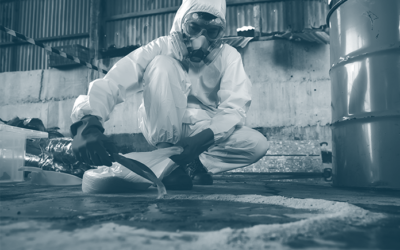Contractors and project managers, learn how to classify construction waste, navigate RCRA and state rules to avoid legal risks and compliance issues with proper testing and disposal.
Service Request
Have waste that requires compliant handling or disposal? Fill out our service form and an MCF Environmental Representative will get back to you quickly with next steps!
Please note we do not provide disposal services for household waste


















